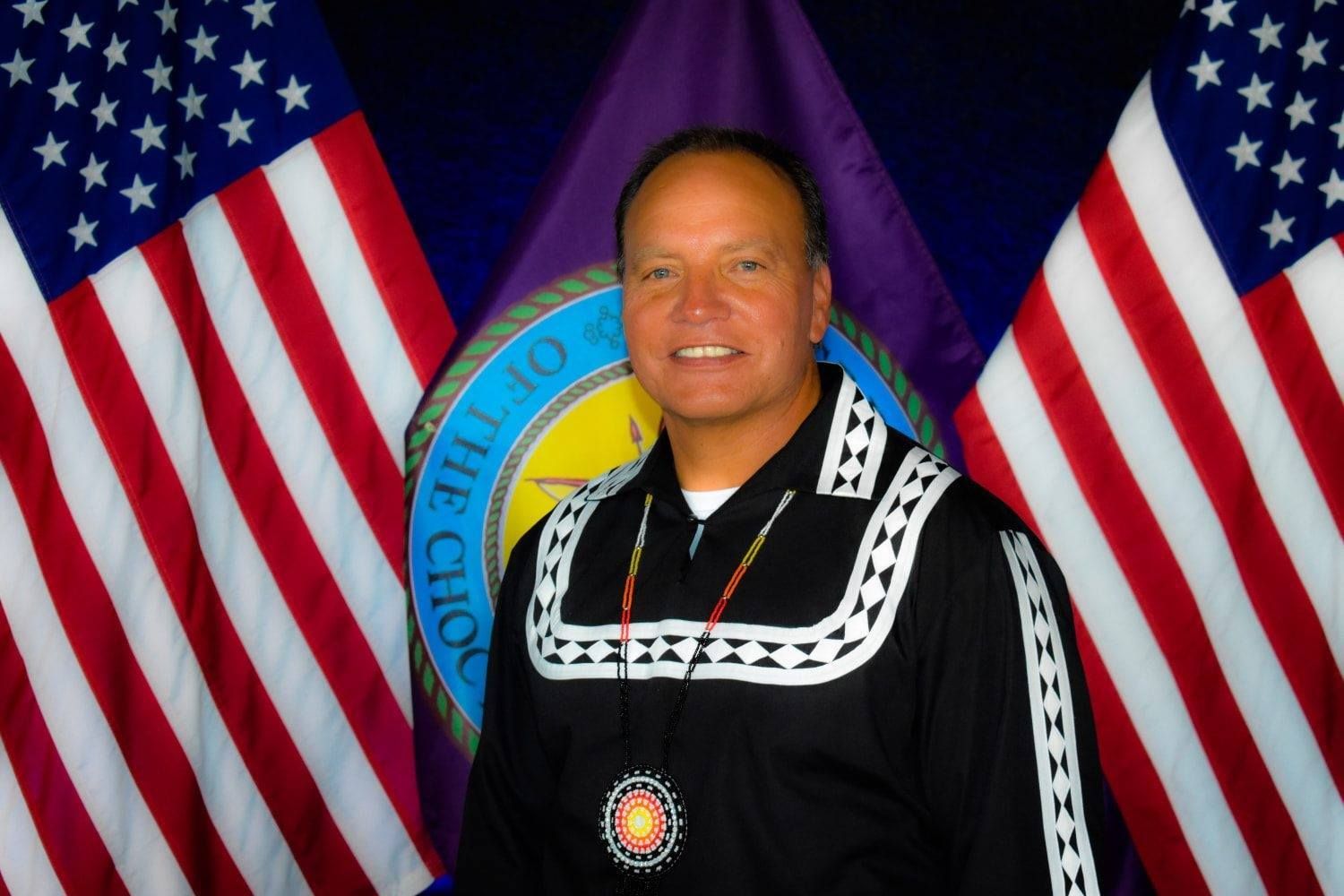
Oklahoma Attorney General Gentner Drummond has dismissed a high-profile criminal case against a Choctaw Nation member charged with hunting without a state license, effectively ending state prosecutions of tribal citizens exercising hunting rights on reservation lands using tribal permits.
The decision, announced Thursday, applies to Choctaw citizen Shawn Robertson, who was arrested last week in Pushmataha County for allegedly hunting without a state-issued license. Drummond declared that his office will now take over and immediately dismiss all similar cases against tribal members hunting or fishing on Indian Country under tribal authority.
“This was a senseless attempt to ignore the sovereignty of the tribal nations in Oklahoma,” Drummond said in a statement. “Tribal members have an inherent right to hunt and fish on their reservation lands using tribal licenses. The state has no jurisdiction to prosecute them for doing so.”
The dismissal marks a sharp reversal from the state’s enforcement posture since 2021, when Governor Kevin Stitt allowed long-standing hunting and fishing compacts with Oklahoma’s five largest tribes including the Choctaw, Cherokee, Muscogee (Creek), Chickasow, and Seminole to expire. Since 2022, the Choctaw Nation has issued tribal ID cards that double as valid hunting and fishing licenses within its reservation boundaries.
Drummond, a Republican running for governor in 2026, did not spare criticism of Stitt, calling him a “petulant lame-duck governor” whose refusal to renew the compacts has “damaged our state’s partnerships with tribal nations.”
Choctaw Nation Chief Gary Batton hailed the decision as a long-overdue recognition of tribal sovereignty.
“We are a sovereign nation, and Tribal members have an unquestionable right to hunt and fish on our reservation, using their membership card as their license,” Batton said. “These rights are inherent, rooted in the sovereignty and traditions of tribal nations long before the founding of the United States.”

Chief Gary Batton | Facebook
The legal foundation for the tribes’ position was solidified by the U.S. Supreme Court’s 2020 McGirt v. Oklahoma ruling, which affirmed that much of eastern Oklahoma remains Indian reservation land for purposes of federal jurisdiction. Since then, state and tribal authorities have clashed over regulatory authority in areas like criminal justice, taxation, and natural resource management.
Wildlife officials and conservationists have expressed concern that dual regulatory systems could complicate game management, but tribal leaders insist their conservation programs are robust and compliant with federal standards.
As of publication, neither Governor Stitt nor the Oklahoma Department of Wildlife Conservation has issued a response to Drummond’s recent announcement. The dismissal is expected to halt a growing number of citations and arrests of tribal citizens hunting or fishing on reservation lands, actions that have escalated in recent years amid the compact dispute.
For Oklahoma’s Native nations, the decision is more than a legal victory; it’s a reaffirmation of treaty rights and self-governance in a state where tribal citizens make up nearly 9% of the population and control significant land and resources.
“This isn’t about politics,” Chief Batton concluded. “It’s about respecting the law, honoring treaties, and recognizing that tribal sovereignty isn’t negotiable.”

